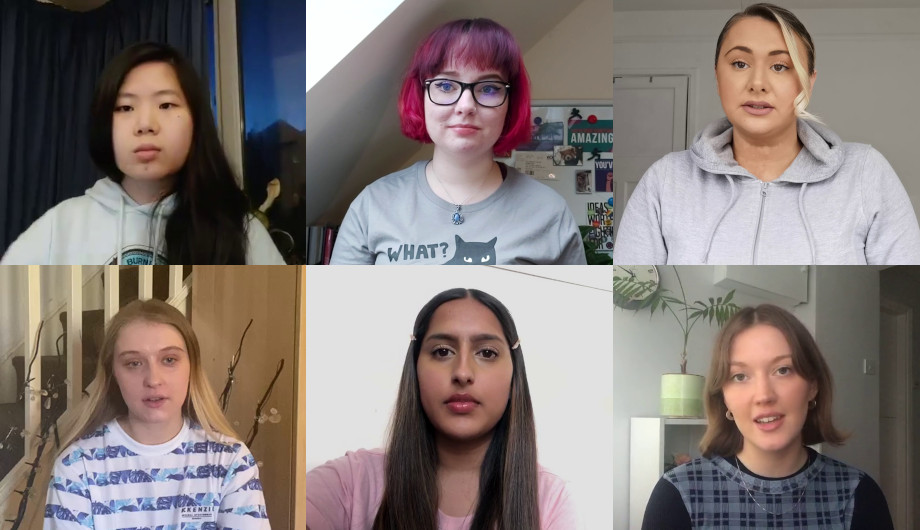Official datasets often refer to young people or women but rarely look at the experiences of young women as a distinct group, meaning little is known about their lives. To understand the extent of the missing data we audited the publicly available official data about young women.
This report presents our findings and draws on the voices of our Research Associates (young women peer researchers), collected by focus groups, to explore the harmful impact this has for them.
Our findings clearly show the need for our new Research Centre for Young Women’s Economic Justice. This will question existing datasets and produce intersectional, peer research. A more in-depth, detailed understanding of young women’s lives will lead to policymaking and service design which better meet their needs.
The findings
Our audit found a large gap in the data regarding young women, which has a concerning knock-on effect on policymaking and service design.
- There are 5.4 million young women aged 18 to 30 in the UK, but too often, women or young people are treated as homogenous groups by researchers and policymakers. This means that millions of young women not being seen or heard.
- Factors such as ethnicity, disability and location create specific experiences of discrimination and inequality for young women and affect access to economic justice.
- Because there is a lack of official quantitative data on young women, and qualitative and peer research is rarely considered, national policies and services are created that do not meet young women’s needs.
We have been furloughed, made redundant, become caregivers, are we going to be seen?
Young woman Research Centre Associate
Moving forward
To address the lack of official data and understanding of the experiences of young women, the report calls on the government to
- Include the voices of young women in policymaking by using peer and qualitative research, and create expert panels of young women to impact this.
- Gather intersectional data on young women so we can understand their experiences. This should include reinstating Gender Pay Gap reporting, which should include intersectional data for example relating to race or disability.
- Improve links between datasets and data sharing between public services, to allow for more detailed data on young women.
- Conduct and make publicly available equality impact assessments for all policymaking which specifically explores intersectional discrimination.
How are we supposed to recover from Covid-19 as a society when young women are not being represented? We need to know how it has affected young women’s employment, mental health, to identify barriers and create sustainable inclusive solutions.
Young woman Research Centre Associate




